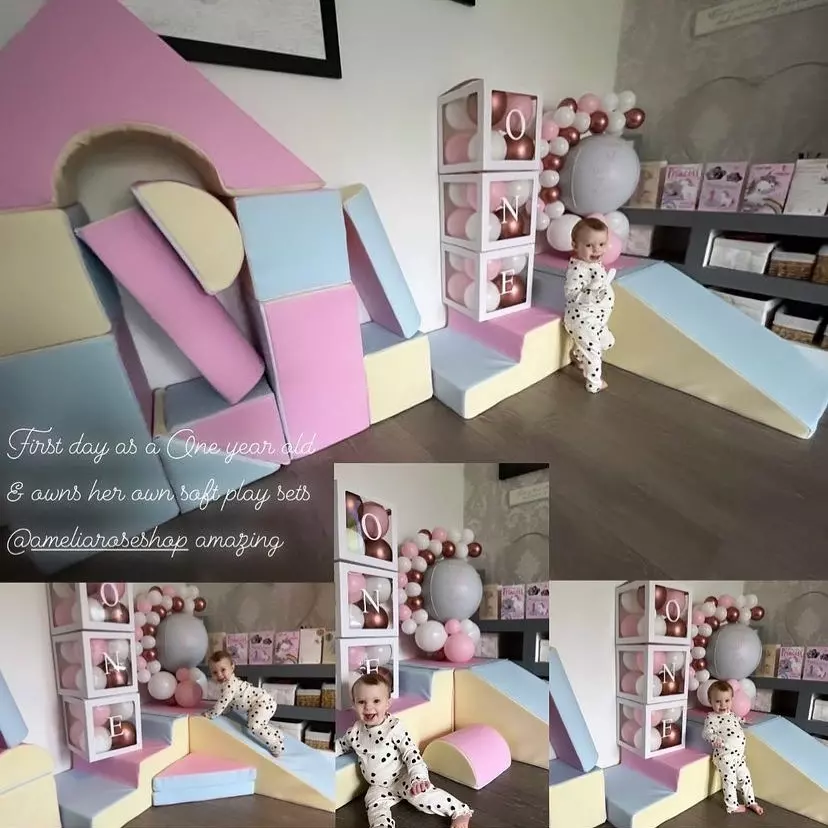Benefits of Soft Play for Children
29 November 2023 12:00
Soft play is beneficial for children for several reasons, as it provides a supportive environment for their physical, social, and cognitive development. Here are some key reasons why soft play is good for children:
-
Physical Development:
- Gross Motor Skills: Soft play areas typically include activities like climbing, crawling, sliding, and jumping, which help children develop their gross motor skills and coordination.
- Balance and Agility: Soft play equipment often involves balancing and navigating through obstacles, promoting the development of balance and agility.
-
Social Development:
- Interaction with Peers: Soft play areas are usually communal spaces where children can interact with others. This fosters social skills, such as sharing, taking turns, and cooperative play.
- Communication: Playing in a group setting encourages communication skills as children learn to express themselves, make requests, and negotiate with others.
-
Cognitive Development:
- Problem-Solving: Soft play structures often present challenges that require problem-solving skills. Figuring out how to navigate obstacles or find a path through a structure engages a child's cognitive abilities.
- Imagination and Creativity: Soft play environments often stimulate imaginative play. Children might pretend the soft structures are castles, ships, or other imaginative settings, fostering creativity.
-
Sensory Stimulation:
- Tactile and Proprioceptive Input: Soft play materials provide tactile stimulation and proprioceptive input, contributing to sensory development. This is particularly important for children with sensory processing challenges.
-
Physical Exercise:
- Promotes Physical Activity: Soft play encourages active play, helping children meet recommended daily physical activity levels. It contributes to overall health and well-being by preventing sedentary behavior.
-
Safe Environment:
- Reduced Risk of Injury: Soft play structures are designed to be soft and padded, reducing the risk of injury compared to traditional playground equipment. This provides a safer environment for children to explore and play.
-
Inclusive Play:
- Accessible for All Abilities: Soft play areas can be designed to be inclusive, accommodating children with various abilities and disabilities. This inclusivity promotes a sense of belonging and helps break down barriers to play.
In summary, soft play offers a range of physical, social, and cognitive benefits for children. It provides a fun and engaging environment that contributes to their overall development while ensuring a level of safety that allows parents and caregivers to feel confident in their children's play experiences.


